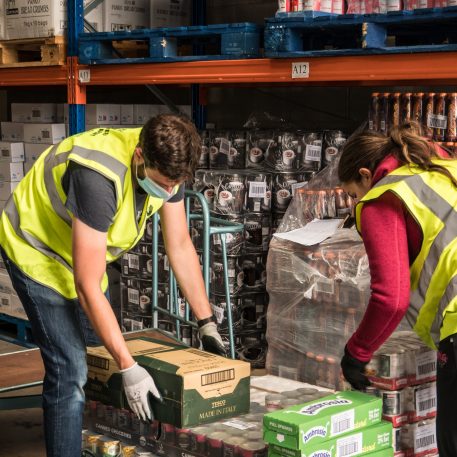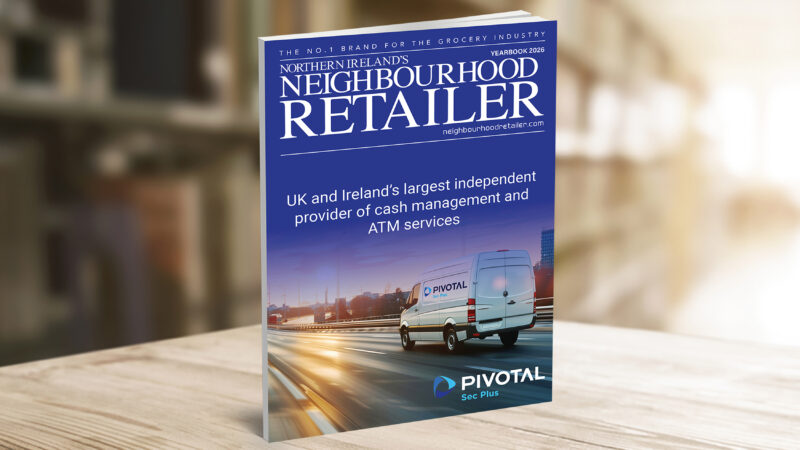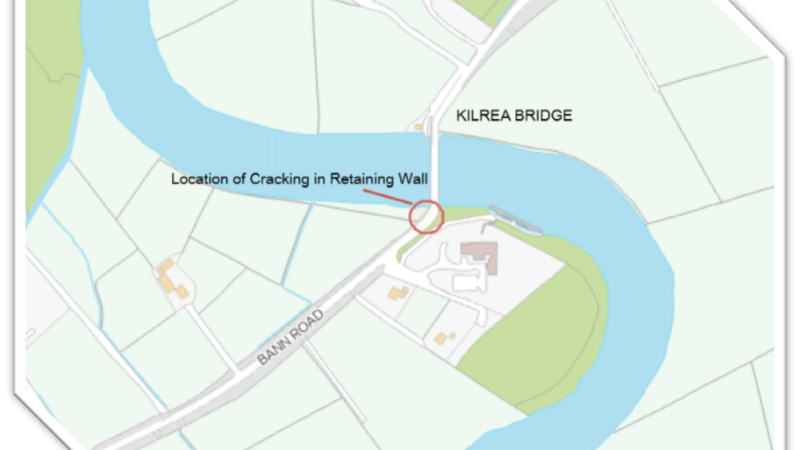Supermarket push to cut waste hits food bank donations

The charity said the reduction had come at the same time as demand for the services they support surged.
Fareshare redistributes food waste to smaller charitable and community projects across the UK.
It said there was less waste food due to a combination of ongoing global food production and supply chain issues.
At the same time, supermarkets are striving to be more efficient and waste less, in order to keep prices for their customers low.
Carl Hawkes, head of network at the charity, explained that donations from supermarket warehouses were particularly valuable.
“If you’re a community group trying to make a meal, out of say, beetroot, that’s really hard,” he said.
“Whereas the retail food is very mixed. It’s much easier for our charities and beneficiaries to make meals out of what they send.”
The charity is at pains to explain they have no problem with supermarkets wasting less – but it poses a challenge for them to continue to support so many charities that depend on waste food.
“Supermarkets at the moment are more willing to sell wonky fruit and veg than they may previously have done, or to sell food with slightly less shelf life on it – and that food would have traditionally have come to us,” he explained.
As well as writing to supermarkets, the charity is casting its net wider, looking into food waste opportunities from British farming and working with a more diverse mix of smaller food manufacturers, hotels and restaurants.
One is Fullers, which makes frozen chips and vegetable products that most major retailers stock under its own brand.
The business has started donating spare stock from its warehouses, as well as the prototype and test food from head office to Fareshare.






